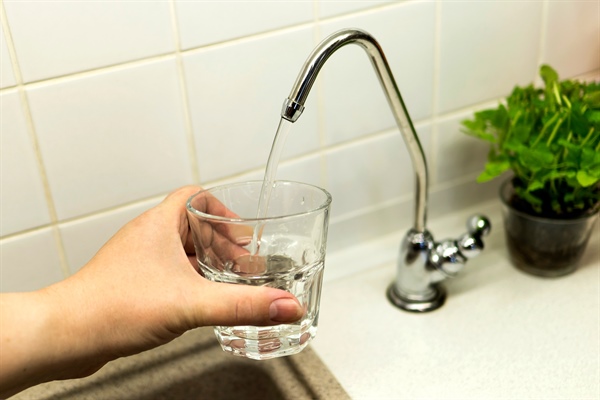Top Ways to Conserve Water at Home

Saving water isn’t just about cutting costs—it’s a meaningful step toward a more sustainable lifestyle. As environmental challenges grow, homeowners are looking for smart, effective ways to reduce water usage without compromising comfort or convenience.
In this guide, we’ll explore innovative strategies to conserve water, from installing high-efficiency fixtures to making small but impactful household changes.
Whether you’re planning a renovation or just aiming to live greener, our plumbing experts share actionable tips and insights to help you create a more eco-friendly home.
Ready to make a difference? Let’s dive into the best water-saving techniques for a sustainable future.
What Are the Top Water-Saving Fixtures?
Certain fixtures stand out for their efficiency when it comes to conserving water at home. High-efficiency showerheads, faucet aerators, and dual-flush toilets are top choices.
These fixtures are designed to use significantly less water than traditional models without compromising performance.
They are an immediate step homeowners can take to reduce water usage and noticeably decrease their water bills.
How to Fix Leaks to Conserve Water?
Leaks can waste a surprising amount of water, but addressing them can lead to substantial conservation.
Start by checking faucets, showerheads, and toilet flappers for drips or constant running—common signs of leaks.
Replacing worn-out washers and gaskets often resolves these issues. For more complex leaks, such as those in hidden pipes, consulting with plumbing services is advisable to ensure a thorough fix.
What Are the Benefits of Low-Flow Toilets and Showerheads
Low-flow toilets and showerheads are essential for water conservation.
Compared to older, standard models, these fixtures can reduce water usage by up to 50%.
The benefits extend beyond saving water and reducing utility bills; they also help minimize the overall environmental impact by reducing wastewater and the energy used in water heating.
How to Create a Water-Saving Plan for Your Home?
Creating a water-saving plan involves assessing current water usage and identifying areas for improvement.
Monitor water bills to track consumption patterns and set reduction goals. Incorporate water-efficient appliances, fix leaks promptly, and consider rainwater harvesting or greywater systems for landscaping.
Education on water conservation practices can also encourage family members to participate actively in saving water.
What are the Long-Term Benefits of Conserving Water?
Conserving water has profound long-term benefits.
It ensures the sustainability of local water resources, reduces the energy and costs associated with treating and distributing water, and helps mitigate the effects of droughts.
Environmentally, it supports aquatic habitats and reduces the burden on wastewater treatment facilities.
Economically, it contributes to lower utility bills and can enhance property values with sustainable water practices.
Enhance Your Home's Water Efficiency with Duell Plumbing & Heating
At Duell Plumbing & Heating, we are committed to helping you implement effective water conservation strategies in your home.
Adopting water-saving fixtures, addressing leaks, and optimizing your home's water usage through a tailored plan can achieve significant savings and environmental benefits.
Our expert team is equipped to guide you through the upgrades and adjustments necessary to make your home water-efficient and offer support with HVAC and water heater services.
Ready to start saving water? Contact us today and let our experienced professionals help you with all your water conservation needs.